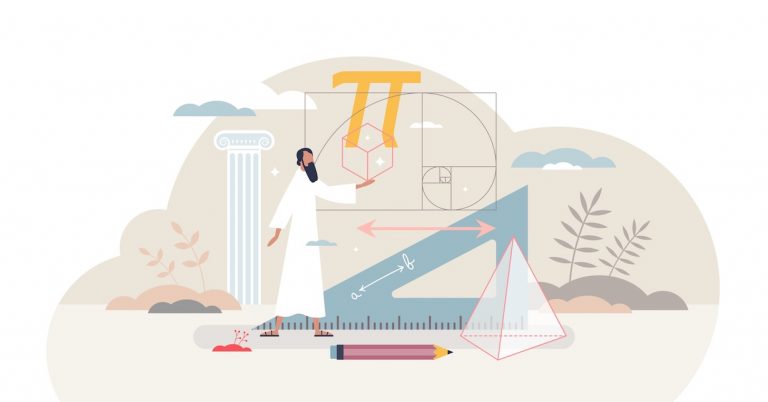When it comes to succeeding in AP Physics courses, one rule stands out above all: practice makes perfect. Unlike subjects that rely heavily on memorization, AP Physics is about problem-solving, conceptual understanding, and the ability to apply physics principles to new and often challenging situations. The surest way to strengthen these skills is by working through high-quality practice questions and question banks.
In this blog, we’ll explore why practicing matters most in AP Physics, the role of question banks, and where students can access the best AP Physics question banks, with a special focus on how Kapdec supports students in mastering this journey.
Why Practice Matters Most in AP Physics
- Bridges the Gap Between Theory and Application
Reading formulas and concepts is not enough. Physics demands applying those concepts to real-world problems. Practice questions force students to make that leap. - Develops Problem-Solving Speed
AP exams are timed. Regular practice trains students to think quickly, manage their time, and avoid getting stuck on one problem. - Exposes Weak Spots
Attempting varied problems highlights which topics need revision, whether it’s kinematics, electricity, or thermodynamics. - Builds Confidence
Familiarity breeds confidence. The more problems a student has solved, the less intimidating the AP exam feels (1).
What Makes a Good AP Physics Question Bank?
Not all question banks are created equal. A good question bank should:
- Cover all units from the AP Physics curriculum.
- Provide a mix of multiple-choice and free-response questions (FRQs).
- Include detailed explanations and step-by-step solutions.
- Offer progressive difficulty levels to help students move from basics to advanced.
- Allow topic-specific practice so students can focus on weak areas.
Best Resources for AP Physics Question Banks
Here are some widely recognized options for AP Physics practice:
1. College Board Official Resources
- Free-response questions from past exams.
- Sample multiple-choice sets.
- Reliable but limited in volume.
2. Kapdec Question Banks (Recommended)
- Designed to go beyond standard resources.
- Tailored specifically for AP Physics 1, 2, and C (Mechanics & E&M).
- Each question comes with step-by-step reasoning, making it easier to understand why an answer is correct (or wrong).
- Offers personalized practice: students can filter questions by topic (e.g., forces, waves, circuits).
- Accessible online with 24/7 availability, making it convenient for self-paced learning (2).
👉 Unlike generic prep books, Kapdec’s approach integrates real exam patterns with deeper conceptual guidance, ensuring that students don’t just practice but actually learn through practice.
3. Prep Books (Princeton Review, Barron’s, 5 Steps to a 5)
- Contain practice tests and chapter-end questions.
- Good for supplementary practice.
4. Online Learning Platforms (Khan Academy, Physics Classroom)
- Free resources with practice sets.
- Helpful for reviewing concepts before tackling more advanced question banks (3).
How Kapdec Stands Out
Kapdec isn’t just about giving you a pile of questions to solve. It’s about creating a guided pathway to success. Here’s how:
- Expert-curated questions that mirror AP exam style.
- Smart feedback system to help students identify their recurring mistakes.
- Flexible practice modes (timed quizzes, topic-based drills, full-length mocks).
- Affordable access compared to traditional test prep.
In short, Kapdec helps students practice smarter, not harder (4).
FAQs on AP Physics Question Banks
Why is practicing AP Physics questions more effective than just reading notes?
Practicing questions forces you to apply the concepts you’ve learned. While reading notes helps with theory, solving problems shows you how those theories work in real exam-style scenarios. This active learning improves retention and builds problem-solving skills.
What is the difference between multiple-choice and free-response questions in AP Physics?
Multiple-choice questions (MCQs) test your ability to recall and quickly apply concepts.
Free-response questions (FRQs) require deeper explanations, diagrams, and step-by-step reasoning. Practicing both ensures you are ready for the exam’s diverse challenges.
How often should I practice AP Physics question banks?
Ideally, students should practice daily in smaller sets. Consistency matters more than cramming. Solving even 10–15 quality problems a day builds long-term speed and accuracy without overwhelming you.
Which topics in AP Physics need the most practice?
While every unit is important, students often struggle with:
- Kinematics and Dynamics (motion and forces)
- Electricity and Magnetism (especially circuits)
- Waves and Optics
Practicing more in these areas helps reduce common errors and boosts overall performance.
Are official College Board practice questions enough for AP Physics prep?
College Board materials are excellent, but limited in number. They give you a sense of exam style but don’t provide enough volume for thorough preparation. This is why platforms like Kapdec offer broader question banks to complement official resources.
How does Kapdec’s question bank help compared to prep books?
Prep books provide static sets of problems, while Kapdec’s question banks are interactive and customizable. You can filter by topic, difficulty, or even take timed quizzes. Plus, every problem comes with detailed step-by-step reasoning, so you learn why the solution works.
Can question banks actually improve my AP Physics exam score?
Yes. Studies and student experiences show that consistent practice through structured question banks improves accuracy, speed, and confidence—all key factors in achieving a higher score on AP exams.
When should I start using AP Physics question banks?
The earlier, the better. Ideally, start practicing alongside your class lessons instead of waiting until a few weeks before the exam. Early use of question banks allows you to strengthen weak areas gradually and enter the exam season fully prepared.
Final Thoughts
If you’re aiming for a 5 on the AP Physics exam, practice isn’t optional—it’s essential. While resources like College Board and prep books offer a starting point, the best practice comes from targeted, comprehensive, and smart question banks.
That’s where Kapdec makes the difference. With carefully structured question banks, detailed solutions, and adaptive practice modes, students can build confidence, improve speed, and truly master AP Physics.









